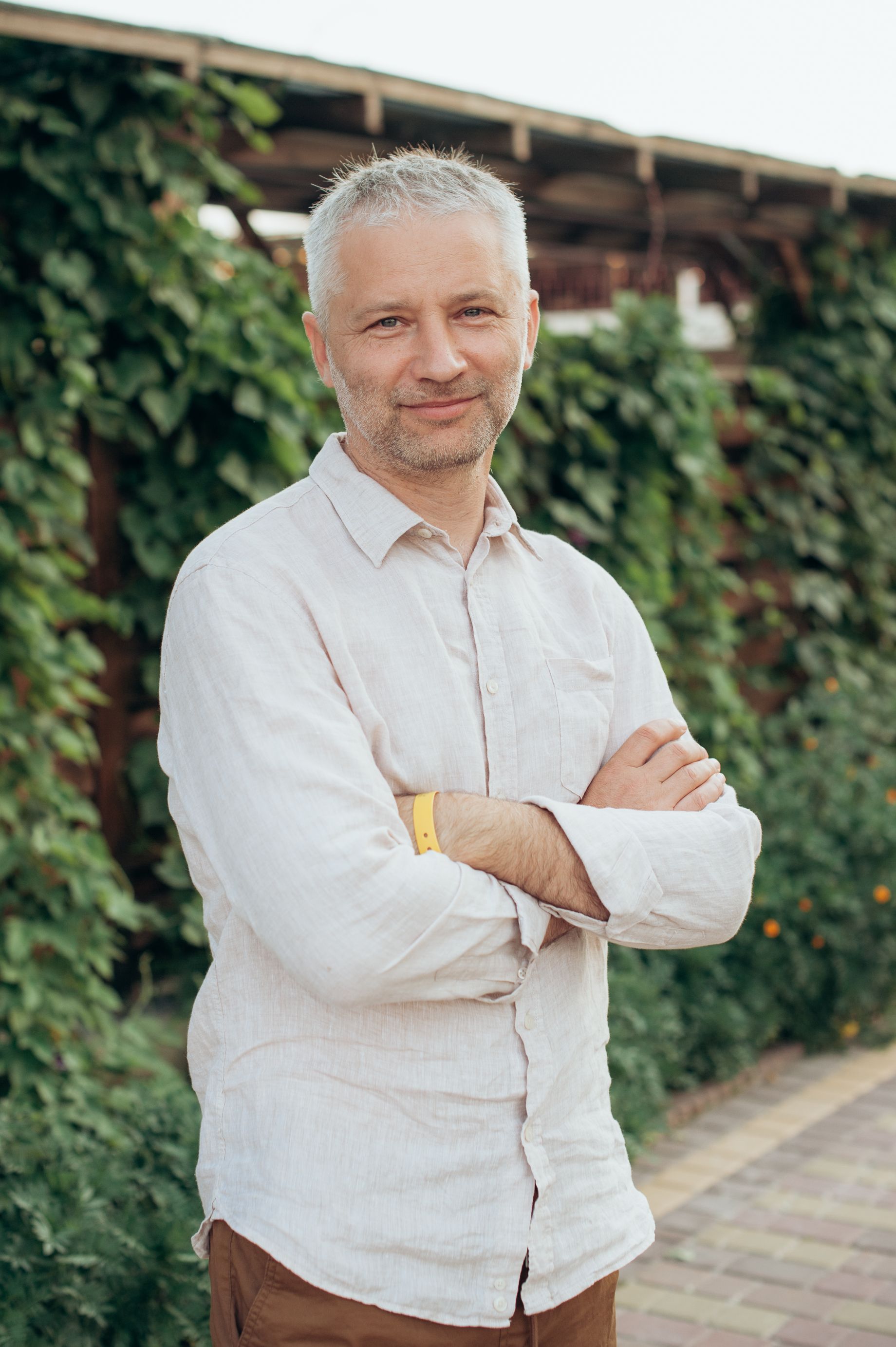2024-25
Hybrid Memory: Syncretic Memorials in Ukraine after 2022
The commemorative dimension of the Russian war in Ukraine assumes distinct phases. Prior to the full-scale invasion, monuments, newly named streets, and plaques in various settlements memorialized the fallen from the anti-terrorist operation (ATO) in Eastern Ukraine. This initial commemorative wave interwove with existing Second World War memorials, particularly prominent in the eastern and southern regions.
Hybrid memorials emerged as a product of the conflict's complex nature. Names of ATO casualties were sometimes interwoven with lists of Second World War victims. Subsequent to the invasion, a fresh surge of memorials surfaced, predominantly in smaller locales. Under the ongoing research project, cataloging and categorization efforts have commenced. Two principal categories materialized: official monuments sanctioned by local authorities and those crafted by memory activists or individual initiatives. Classification also hinges on the memorial's installation site: some stand in new locations, while others grace hybrid memorials that encapsulate various historical events. This research project endeavors to unearth how memories of Russian’s war in Ukraine entwine with recollections of other conflicts, primarily the Second World War, while simultaneously scrutinizing regional divergences in commemorative practices.
The fieldwork methodology encompasses visual documentation, “archaeological” examination of commemorative practices, Dialogues with memory activists, Interviews with locals to glean insights into memorial significance, Media analysis regarding the new monuments. This project amalgamates perspectives from memory studies, anthropology, and art history to comprehensively analyze the intricate web of commemorations.
2022-23
War and Ethnic Minorities in Ukraine
Since the beginning of the full-scale Russian aggression in Ukraine, international organizations have reported on the impact of the war, detailing the general numbers of those affected, of internally displaced persons (IDPs), or of those fleeing abroad. However, these generalized figures tell us little about the diversity of the displaced, who do not constitute a socially, religiously, or ethnically homogeneous group. This project focuses on two ethnic groups and their everyday experiences of the current Russo-Ukrainian War. First, this project considers the Meskhetian Turks, an ethnic group that has been displaced five times during last 80 years. The Russian aggression caused a new, large-scale wave of Meskhetian Turk migrations. Those who were still in Ukraine in 2022 were forced to seek refuge in other regions of Ukraine or abroad. Second, this project considers Roma peoples. A significant distinction in Romani culture and identity is that between the Roma and people who are not ethnic Romani (or, ‘Gadjo’). Some pilot interviews with Romani people in the Kherson community show that one of the most important questions for the Roma now is: is this a Gadjo war, or are the Roma also involved in it? This project aims to identify factors that influence the formation of group identities in ethnic minorities in the context of open military aggression and forced migration.


